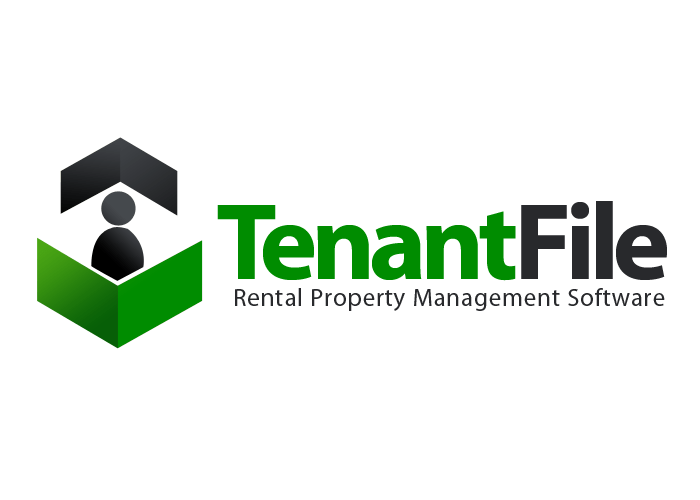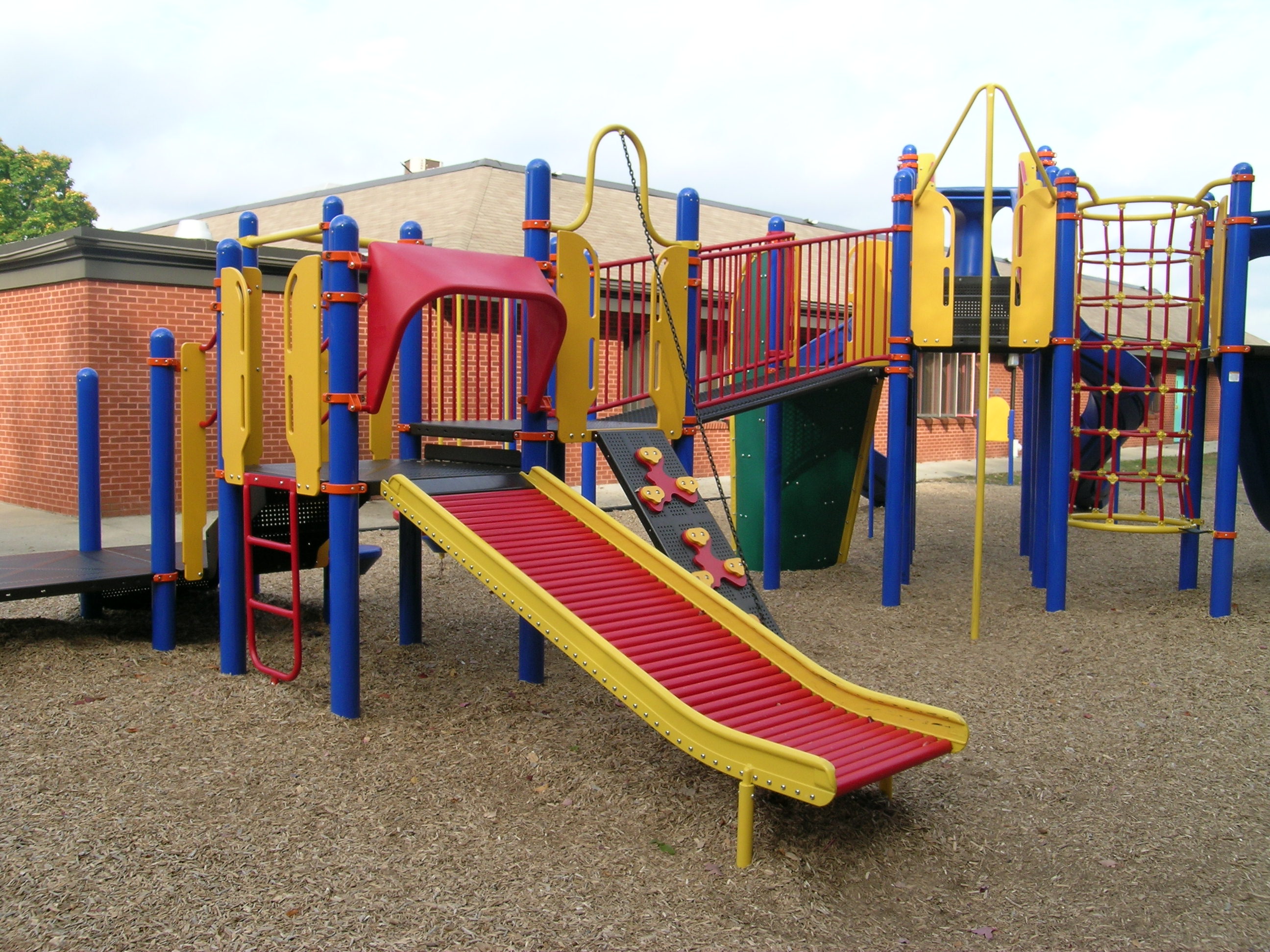 We hear from our customers how they have been disappointed in many of the web-based products and the lack of support they provide. Many of them migrate back to the Tenant File after trying something else. Call it old fashioned, but we still favor the safety and security of a desktop based program, and the convenience of good customer technical support.
We hear from our customers how they have been disappointed in many of the web-based products and the lack of support they provide. Many of them migrate back to the Tenant File after trying something else. Call it old fashioned, but we still favor the safety and security of a desktop based program, and the convenience of good customer technical support.
At Tenant File, we hope that free tech support is not a thing of the past. We have been one of the few software companies that have managed to keep it free. Our industry leading web support has always been free for all customers, even if you did not purchase the previous update. We have a dedicated team of knowledgeable support technicians which monitor incoming ‘tickets’ (web requests) throughout each work day. Each technician has a massive computerized knowledge base to draw from, and each ticket is answered personally. We answer all tickets by the end of the day with few exceptions. (Sometimes we get calls that a ticket wasn’t responded to, and nearly always it can be found in the customer’s junk or spam box, so be sure to mark ‘support@tenantfile.com’ as a ‘safe sender’).
But the Tenant File support goes way beyond that … our first-time customers get a full two months of phone support, and even current customers enjoy a month of phone support in case they have any questions about the update. Phone support is limited to ½ a day (hours 10:00am to 2:00pm CST) and limited to 10 minutes per call, since we are supporting over 5,000 customers and sometimes it gets really busy. We don’t ‘sub’ out our support to foreign countries, so you’ll always get a knowledgeable Tenant File expert. And if the lines happen to be busy when you call during phone support hours, just leave a message and we will call you back as soon as a support person gets available.
Even after the free phone support period has expired, Tenant File still offers paid support in 15 or 30 minute segments. The pricing is very reasonable, and the 30 minute segment can include the ability for the Tenant File technician to connect remotely to the user’s computer to see or actually operate the program. This paid service can also be used if the customer wants us to install the program, move the Tenant File program to another computer, or even close out the year for them. This will save quite a bit over hiring an outside computer technician to come and do the work in person.

In addition to the web and phone support, Tenant File includes a full User’s Guide in the ‘Help’ menu of each Tenant File installation, as well as a ‘Quick Start’ guide. The User’s Guide is comprehensive and searchable, so just about any question can be answered with a quick search (user Ctrl-F). The guide includes screen shots, illustrations, samples, and step-by-step instructions on most tasks.
Also, at the Tenant File website, you can find helpful videos that take you through the entire program. We are busy adding new ones, and take recommendations from our customers. You can also find videos on YouTube if you search for ‘Tenant File’.
Our customers are very important to us, and we try very hard to impress with our service. Tenant File is one of the few property management software programs that charge a one-time fee for the software, eliminating the never-ending monthly payments that can hook the customer into an ever increasing financial nightmare. Then, when the Internet is down and you are left at a standstill, you have no recourse (other than moving to the Tenant File!).
To our current Tenant File customers, thank you and please know that we are always trying to help you become successful and run your business the most efficient way possible. We really appreciate your business!
The Tenant File Support Staff



 W G Software, Inc. provides an outstanding property management software for owners and managers of rental property, and has been doing so for over 15 years. The software allows users to easily keep track of all the different aspects involved with property management. Currently, the software has several thousands of landlords, property owners, and property management using the software every single day. Wayne Gathright, president, says “I am very excited to have Matthew on our team, and I look forward to seeing what he can bring to the company. I met with Matthew and I knew right away that he was the person that I wanted to work with. I believe that he has the necessary skills and motivation to expand the reach of the Tenant File software for rental property.”
W G Software, Inc. provides an outstanding property management software for owners and managers of rental property, and has been doing so for over 15 years. The software allows users to easily keep track of all the different aspects involved with property management. Currently, the software has several thousands of landlords, property owners, and property management using the software every single day. Wayne Gathright, president, says “I am very excited to have Matthew on our team, and I look forward to seeing what he can bring to the company. I met with Matthew and I knew right away that he was the person that I wanted to work with. I believe that he has the necessary skills and motivation to expand the reach of the Tenant File software for rental property.”


